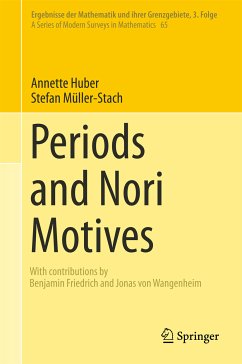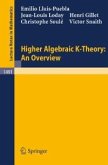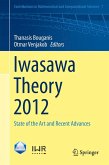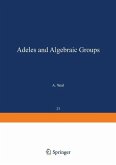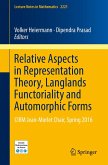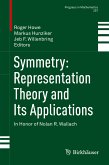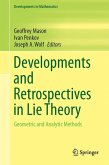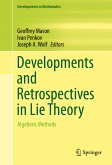Dieser Download kann aus rechtlichen Gründen nur mit Rechnungsadresse in A, B, BG, CY, CZ, D, DK, EW, E, FIN, F, GR, HR, H, IRL, I, LT, L, LR, M, NL, PL, P, R, S, SLO, SK ausgeliefert werden.
"The book under review provides a detailed account on some of the theory of so-called Nori motives ... . The authors provide a lot of details and background information, making this book very accessible. ... this book is a valuable contribution to the field of motives. Particularly commendable is the attention to detail, which can sometimes be missing in this field riddled with conjectures and folklore results. The expository nature makes this book useful to a wide audience." (Tom Bachmann, zbMATH 1369.14001, 2017)
"This text is both a stimulating introduction and a sound comprehensive reference for anyone interested in the field of motives and periods. ... All things considered, I strongly feel that the authors deserve praise for their valiant work. They have fulfilled their difficult program bravely and efficiently." (Alberto Collino, Mathematical Reviews, 2017)

